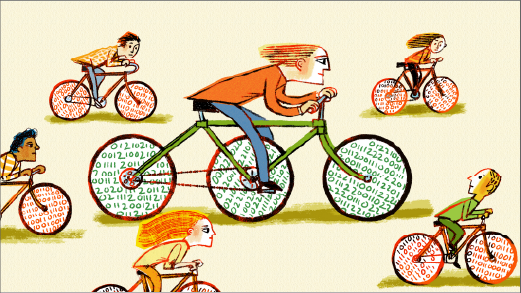What's up in
History of science
Latest Articles
How Hans Bethe Stumbled Upon Perfect Quantum Theories
Quantum calculations amount to sophisticated estimates. But in 1931, Hans Bethe intuited precisely how a chain of particles would behave — an insight that had far-reaching consequences.
How Noether’s Theorem Revolutionized Physics
Emmy Noether showed that fundamental physical laws are just a consequence of simple symmetries. A century later, her insights continue to shape physics.
The Jagged, Monstrous Function That Broke Calculus
In the late 19th century, Karl Weierstrass invented a fractal-like function that was decried as nothing less than a “deplorable evil.” In time, it would transform the foundations of mathematics.
What Is Entropy? A Measure of Just How Little We Really Know.
Exactly 200 years ago, a French engineer introduced an idea that would quantify the universe’s inexorable slide into decay. But entropy, as it’s currently understood, is less a fact about the world than a reflection of our growing ignorance. Embracing that truth is leading to a rethink of everything from rational decision-making to the limits of machines.
What Is Distributed Computing?
Our computers can get a lot more done when they share the load with other machines.
Math Is Still Catching Up to the Mysterious Genius of Srinivasa Ramanujan
Born poor in colonial India and dead at 32, Ramanujan had fantastical, out-of-nowhere visions that continue to shape the field today.
John Wheeler Saw the Tear in Reality
Until his dying days, the giant of 20th-century physics obsessed over the underpinnings of space and time, and how we can all share the same version of them.
How Base 3 Computing Beats Binary
Long explored but infrequently embraced, base 3 computing may yet find a home in cybersecurity.
What Is Analog Computing?
You don’t need 0s and 1s to perform computations, and in some cases it’s better to avoid them.








